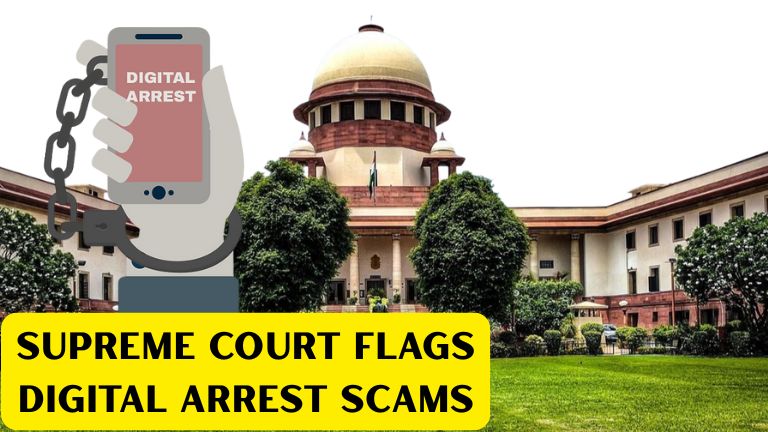Chapman, J.@mdashIn this case three junior members of a joint Mitakshara family sought to redeem a mortgage. In the suit which had been
brought upon that mortgage their fathers bad been made parties and the litigation had ended in the sale of the mortgaged property.
2. Of the three plaintiffs it has been found that plaintiff No. 3 was not born at the time of the decree and sale, In respect of the plaintiff No. 1 it has
been found that the mortgagee had no notice of his existence. These two cases, therefore, both upon the authorities and upon the law failed and
there can be no doubt whatever that the suit was rightly dismissed.
3. With regard to plaintiff No. 2 the finding is that he was a party in .another mortgage suit which was tried along with the mortgage suit which
ended in this sale and that he actually prosecuted the defence and looked after both cases. No room, therefore, is left for any possible finding that
this plaintiff No. 2 was intentionally omitted from the mortgage suit in order to defeat his right to redeem, and it is only in such cases that any
concession has been made by this Court in favour of a son seeking to redeem his father''s mortgage after sale. Four Judges of this Court Ranjit
Prasad Tewari v. Ramjatan Pandey 37 Ind. Cas. 833 : 1 P.L.W. 197 : (1917) Pat. 113 Chamier, C.J. and Sharfuddin, J. and Raghunandan Singh
v. Permeshwar Dayal Singh 39 Ind. Cas. 779 : 1 P.L.W. 636 : 2 P.L.J. 306 : (1917) Pat. 137 : Chapman and Roe, JJ.�Ed. have concurred in
holding that even if the mortgagee has notice of the existence of a son, the son has no right to redeem merely upon the ground that he was not a
party to the mortgage
The appeal fails and is dismissed with costs.
Jwala Prasad, J.
4. I agree.

